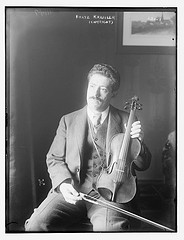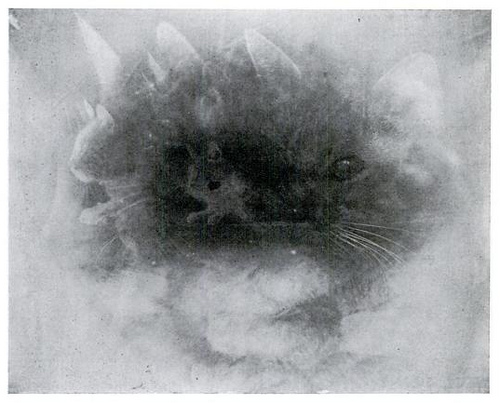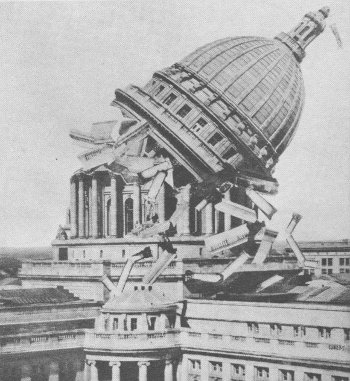In 1938, a group of freshmen at the University of Michigan circulated a petition asking that a psychology lecture be rescheduled to avoid a conflict with a football game. The upperclassmen who signed it read the full text in the undergraduate newspaper the following day:
We, the undersigned, hereby petition that the lecture in Psychology 2 be changed from Saturday to Wednesday afternoon. By signing this document without reading it we cheerfully disqualify ourselves as candidates for any degree conferred by this university. We furthermore declare that the freshmen are our superiors in wit and wisdom, and that our stupidity is surpassed only by the mental lethargy of the underpaid faculty that teaches us.
I can’t find a report of the fallout, but there sure must have been some. “Carelessness,” wrote Benjamin Franklin, “does more harm than a want of knowledge.”



